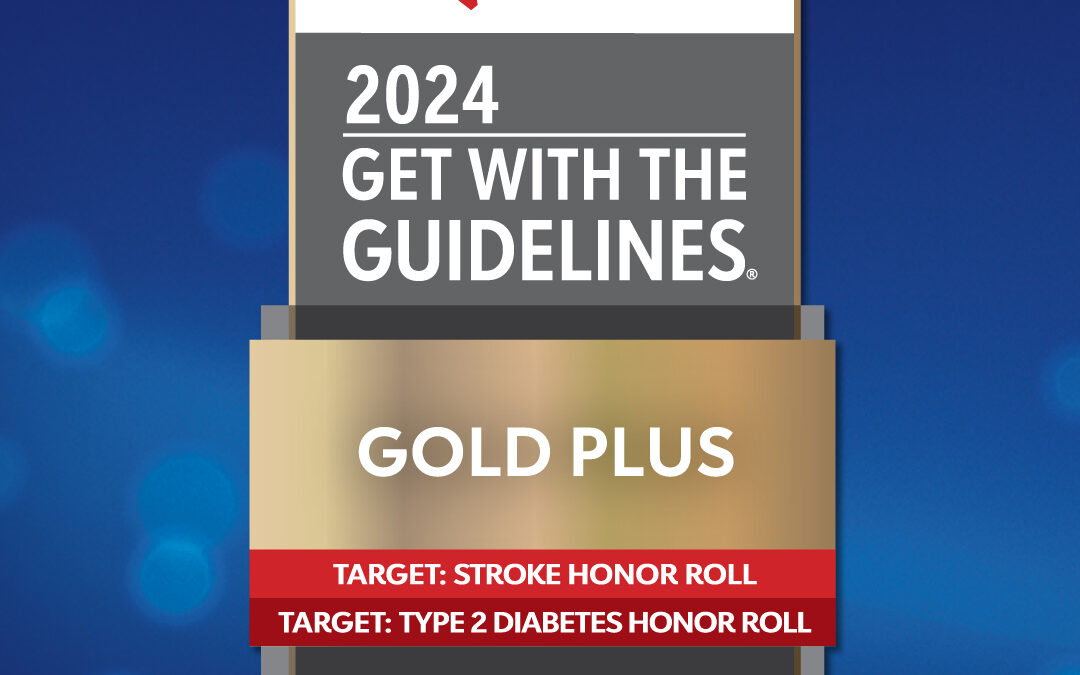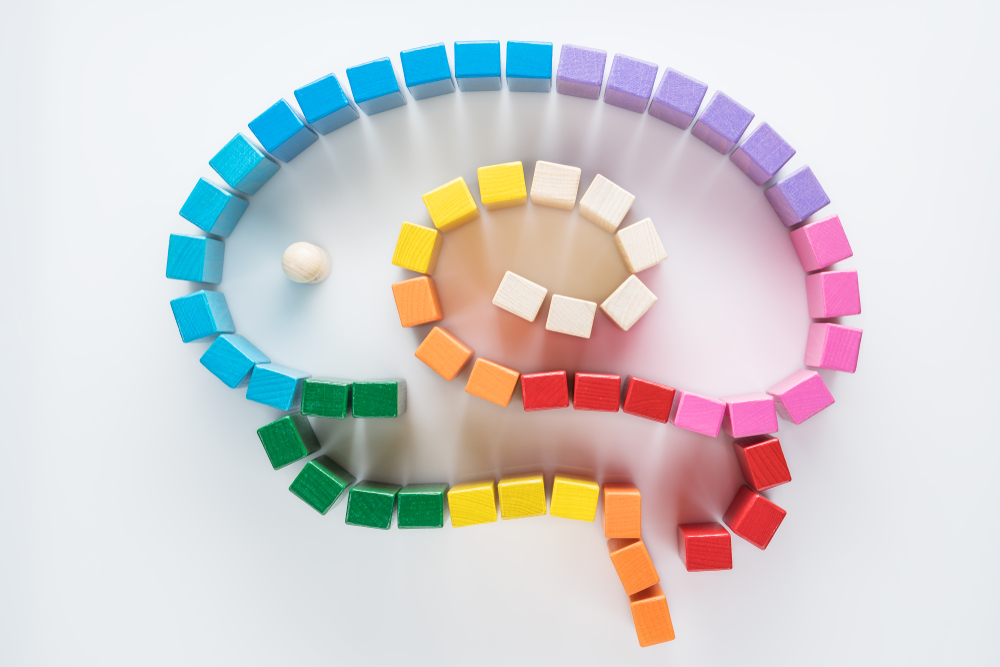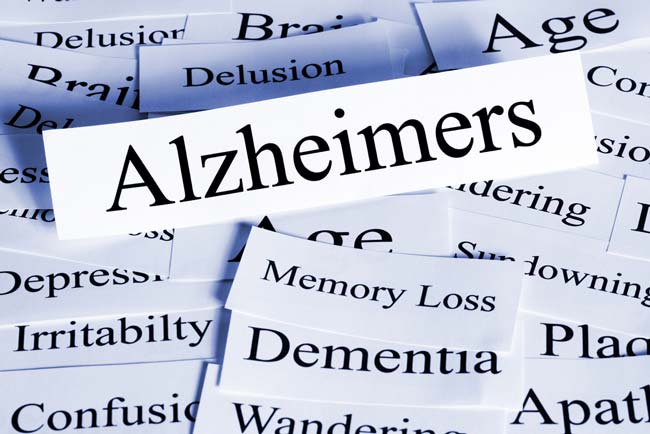
by Erlanger Marketing | Oct 16, 2024 | Brain Health & Stroke, Child & Family Health, Fitness & Wellness, Uncategorized
On average, one out of every five student-athletes playing a contact sport experiences a concussion due to a blow to the head. In sports like football and soccer, the risk of concussion is even more pronounced, with higher rates of injury reported. These numbers...

by Erlanger Marketing | Sep 11, 2024 | Ask an Expert, Brain Health & Stroke, Stay Well
Erlanger Baroness and Erlanger East Hospitals have again demonstrated their unwavering commitment to exceptional stroke care. They have earned national recognition for their efforts. Both hospitals have received the prestigious Gold Plus Achievement Award from the...

by Ellen Valadez, MD | May 10, 2024 | Ask an Expert, Brain Health & Stroke
Huntington’s disease (HD) is a progressive neurodegenerative condition that poses significant challenges to those affected and their families. Characterized by motor dysfunction, behavioral disturbances, and cognitive decline, HD impacts approximately 41,000...

by Erlanger Marketing | Jan 31, 2024 | Ask an Expert, Brain Health & Stroke
January is not just a month for setting new resolutions; it’s also National Brain Teaser Month. While many people focus on physical health goals, it’s crucial to remember that mental fitness is equally important. One effective way to boost your cognitive...

by Dr. Berneet Kaur | Nov 14, 2023 | Brain Health & Stroke, Men's Health, Stay Well, Women's Health
When you think of dementia and Alzheimer’s disease, memory loss comes to mind. But while that’s often one of the symptoms, it’s not the only one. The other symptoms, though, are often less well-known. November is Alzheimer’s Disease Awareness...

by Stephanie Updegraff, M.S., CCC-SLP | Jun 30, 2023 | Brain Health & Stroke, Men's Health, Stay Well, Women's Health
Aphasia is a disorder that affects a person’s ability to communicate, whether it be through speaking, writing, or understanding language. It occurs when there is damage to the parts of the brain responsible for language processing. We will explore the importance...













